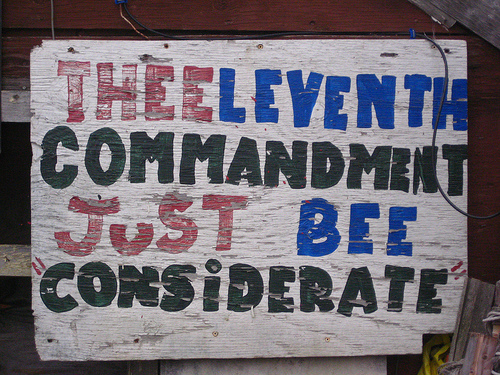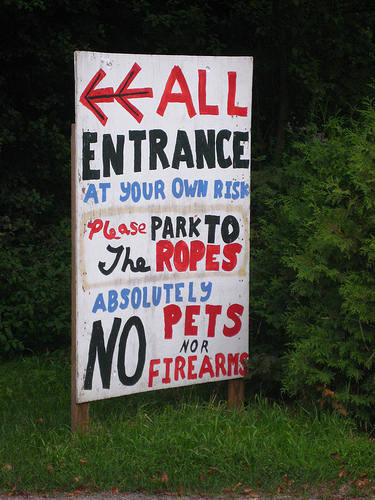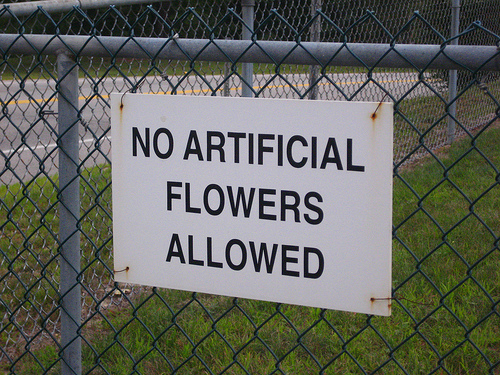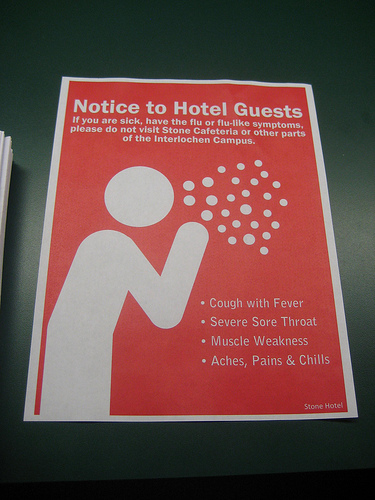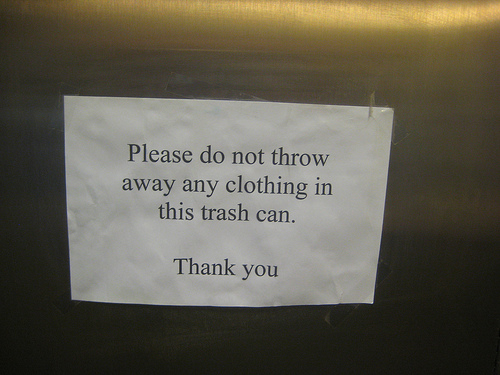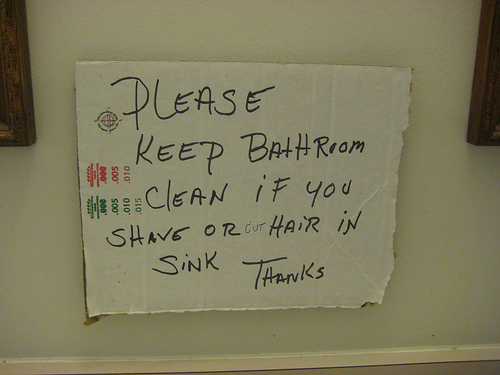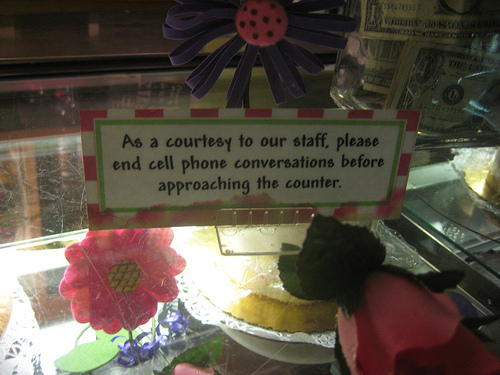Dear Etiquetteer: If Etiquetteer would do away with one aspect of modern technology, what would it be?
Dear Teched:
It would be the way people give precedence to people interacting with them via modern technology over people interacting with them in person. (Etiquetteer supposes this is really an aspect of the usage of modern technology rather than an aspect of technology itself, but will leave that to the hair-splitters.)
How many times have any of us been out and about with others only to have them actively engaged on their devices communicating with Those Dear and Far Away as opposed to us, the Near and Dear?
How many friends have we tried to talk with while they fail at surreptitiously glancing in their laps to read and send text messages?
How many dinner companions have we watched not just photograph their dinner (a relatively harmless trend borne of digital photography), but then post the photo to social media, and then wait for and interact with those commenting on the photo?
How many dinner parties have been derailed by focusing on a "phonestack" while everyone waits for (and perhaps bets on) a guest to weaken and respond to one's device?
How many quiet moments on public transportation have been shattered by fellow passengers with Music Loud Enough to Distinguish Lyrics blasting from earbuds firmly lodged in their ears?
How many times has one's view been blocked at a concert or performance by someone holding up their smartphone to record the whole thing, regardless of those seated in back?
How many checkout lines have been delayed by a customer calling a friend or family member to confirm something hasn't been forgotten - or just by being on the phone?
To all this, Etiquetteer can only say, stop it at once! Be with the people you're with! Show them the consideration of your attention and engagement. Not just your friends, family, and companions, but also the working people you interact with during the day: bus drivers, waiters and waitresses, cashiers, receptionists, ushers, bakers, clerks, salespeople, missionaries, tourists, law enforcement, house cleaners - everyone!
In other words, HANG UP AND LIVE! And don't make Etiquetteer come after you . . .



